
“I’m afraid I can’t do that…” a famous line from 2001: A Space Odyssey, in which the AI software HAL rebels to take control of the spaceship. We are now far beyond the year 2001 and we already have our own AI-supported voice recognition devices in our pockets, houses, and cars. Luckily, they don’t rebel against our commands – yet. These devices bring advantages in convenience and accessibility, playing a song has never been easier, but at what cost?
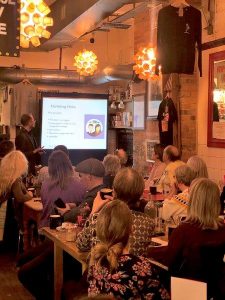 At this month’s Café Scientifique, Ediz Akcay, Lecturer in Digital Marketing at BU discussed the ethics of the many new ways companies listen to, track and store information about us using voice recognition and AI. Ediz explained his interest in marketing ethics started after his PhD research in brand alliances. His views about the topic were previously covered in Campaign Turkey magazine. After presenting his research to the digital marketing agency about the ethical considerations in brand alliances at various conferences, he decided to move the topic into the digital marketing field in which he is now teaching.
At this month’s Café Scientifique, Ediz Akcay, Lecturer in Digital Marketing at BU discussed the ethics of the many new ways companies listen to, track and store information about us using voice recognition and AI. Ediz explained his interest in marketing ethics started after his PhD research in brand alliances. His views about the topic were previously covered in Campaign Turkey magazine. After presenting his research to the digital marketing agency about the ethical considerations in brand alliances at various conferences, he decided to move the topic into the digital marketing field in which he is now teaching.
Marketing Ethics
Ediz has collected data which includes examples of potential breaches of marketing ethics principles by companies. While collecting the data, the aim was to check if the companies were in line with the main principles of marketing ethics (Elegido 2016) in their digital marketing activities.
Main principles:
- Consumer sovereignty
- Preserving the conditions of an acceptable exchange
- Paternalism
- The perfect competition ideal
- The Mutuality Principle (MP)
Companies use several tools and technologies in their digital marketing activities to increase their conversion rates and return on investment. Personalisation is one aspect of the digital marketing activities companies’ conduct in which personal data collected from different sources is used to improve the targeting of consumers.
Ediz explained; ‘the data showed that companies violate the principles such as consumer sovereignty, which assumes the consumer will have the control during the interaction in the marketing activities. However, the companies create an information asymmetry about how they collect, process and store the consumer data. The consumers learn about the potential problems only after an event which reveals the ways companies use in their digital marketing activities. While there are new regulations such as GDPR to protect the consumer, the pace of technology makes it harder to adapt the regulations accordingly.’
The examples Ediz presented in his talk were how AI and voice recognition technologies are used to collect, process and store the personal data from consumers for personalisation purposes. Ediz also discussed potential problems and the ways to secure personal data, explaining that the next step in the research which will be collecting data from consumers about their experiences while using digital marketing tools and technologies such as voice recognition devices. The data will reveal how consumers perceive the companies in regard to marketing ethics.
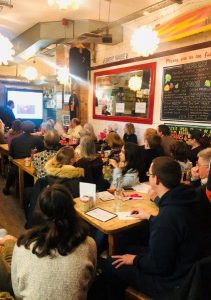
Ediz reflects on his experience of speaking at Cafe Scientifique; ‘It was a great opportunity to present my research about marketing ethics in which I am looking at the data protection practises of companies. In this talk at Cafe Scientifique, I aimed to create awareness about how voice recognition and artificial intelligence are used by companies; the audience was very interested in this research.
‘The questions from the audience ignited more thoughts about this subject matter which will be used to investigate further. I also had the opportunity to see how the perception of the audience towards the topic changed with a live poll before and after the talk. Café Scientifique was the first opportunity to present these examples to understand the perception of the public around this.’
For access to the presentation slides please click here
 If you have any questions please do get in touch
If you have any questions please do get in touch
Find out more about Café Scientifique and sign up to our mailing list to hear about other research events: www.bournemouth.ac.uk/cafe-sci
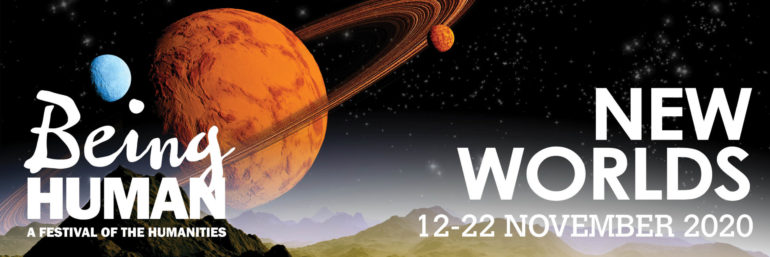
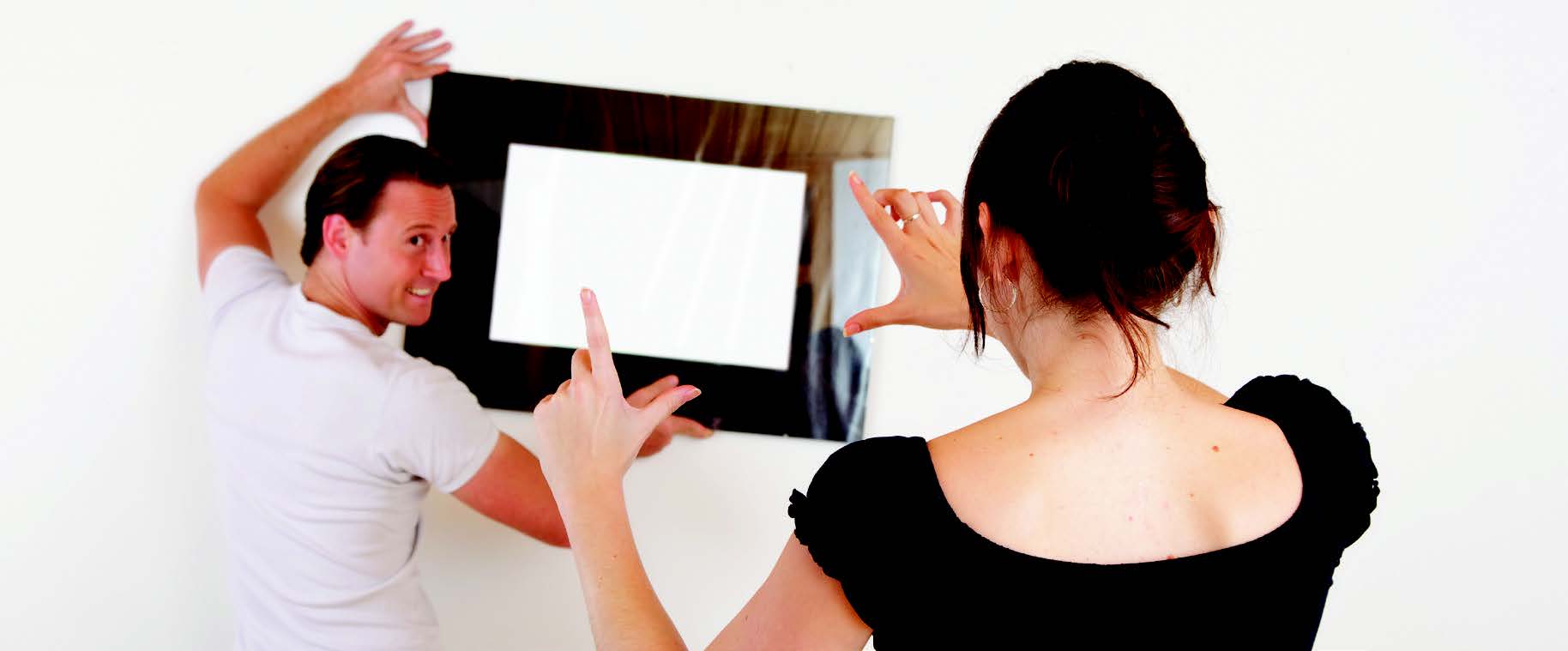
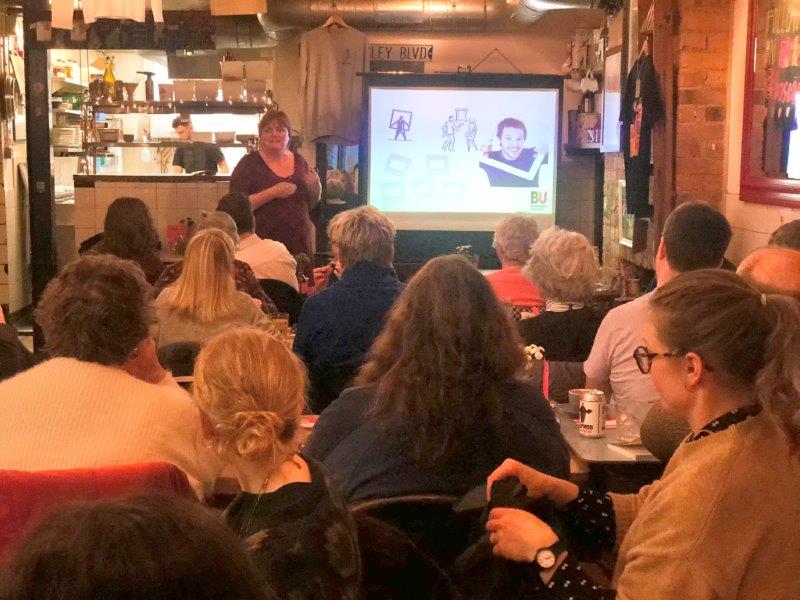
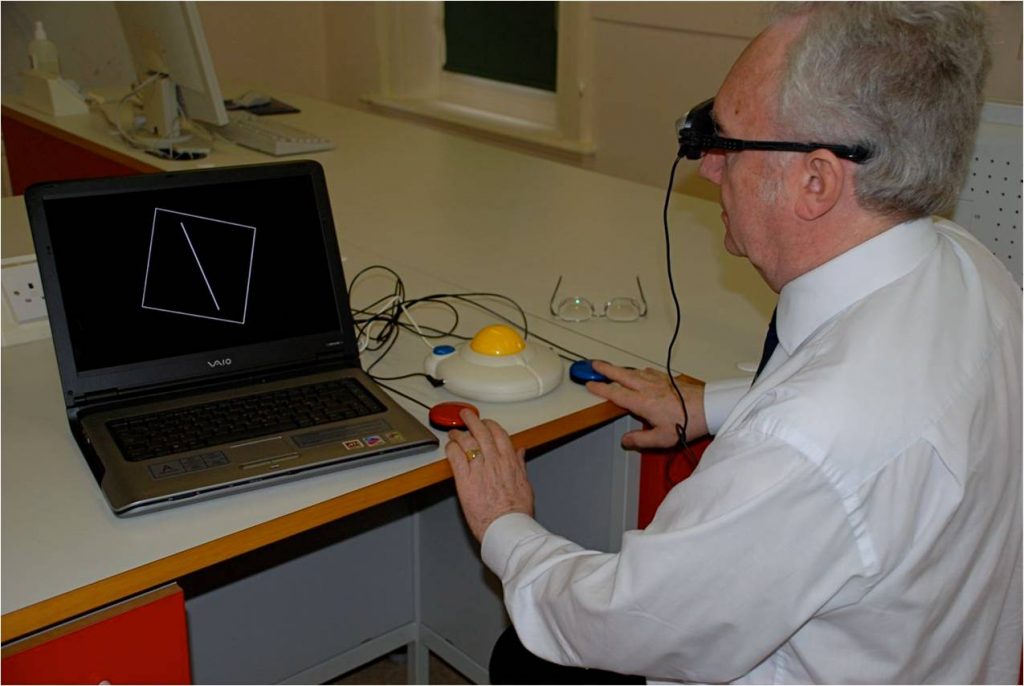
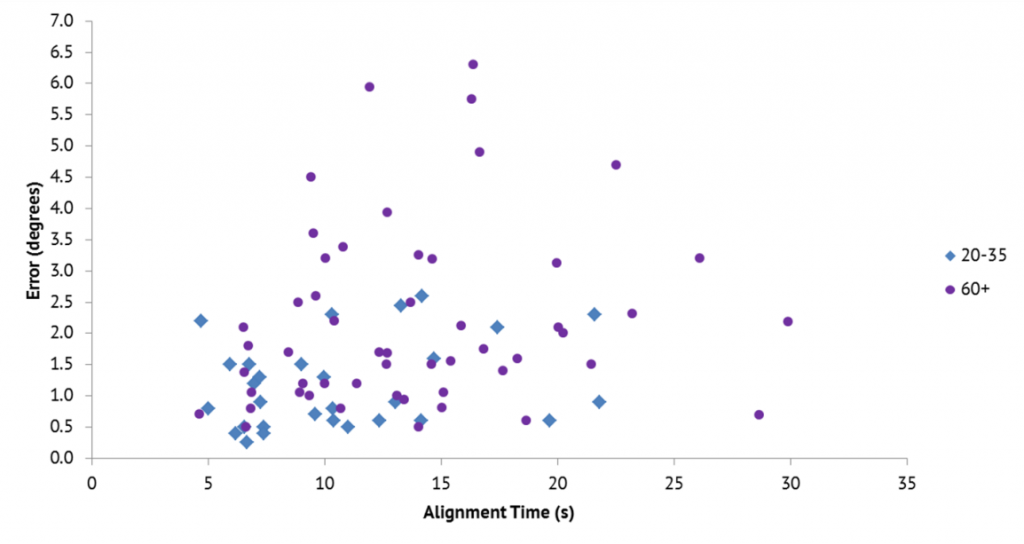 What does this mean?
What does this mean?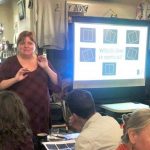
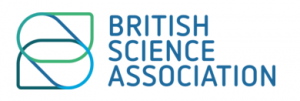
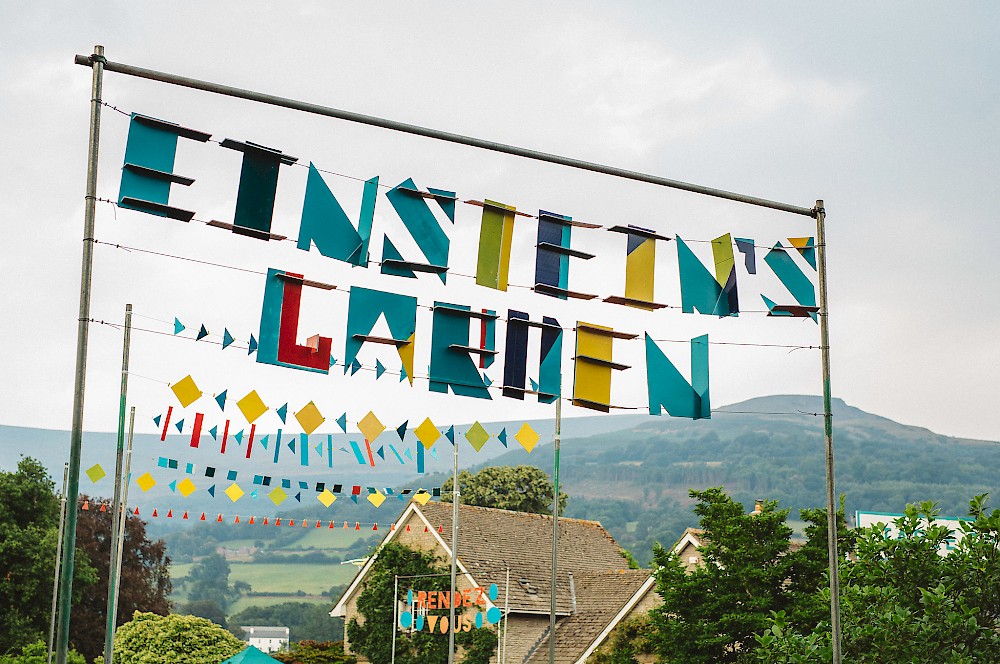
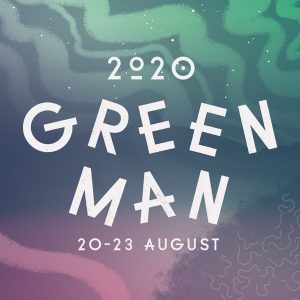

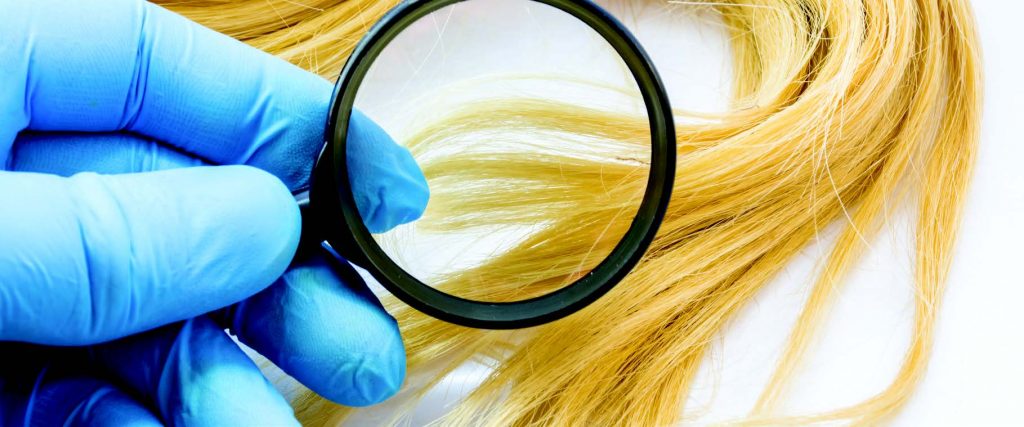
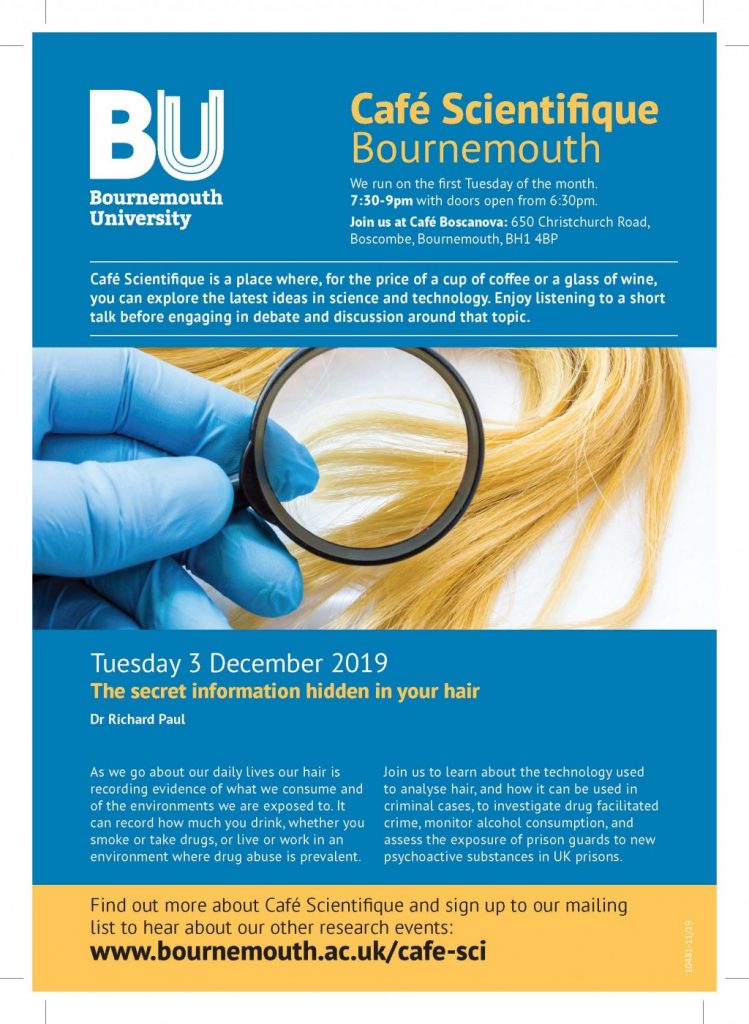
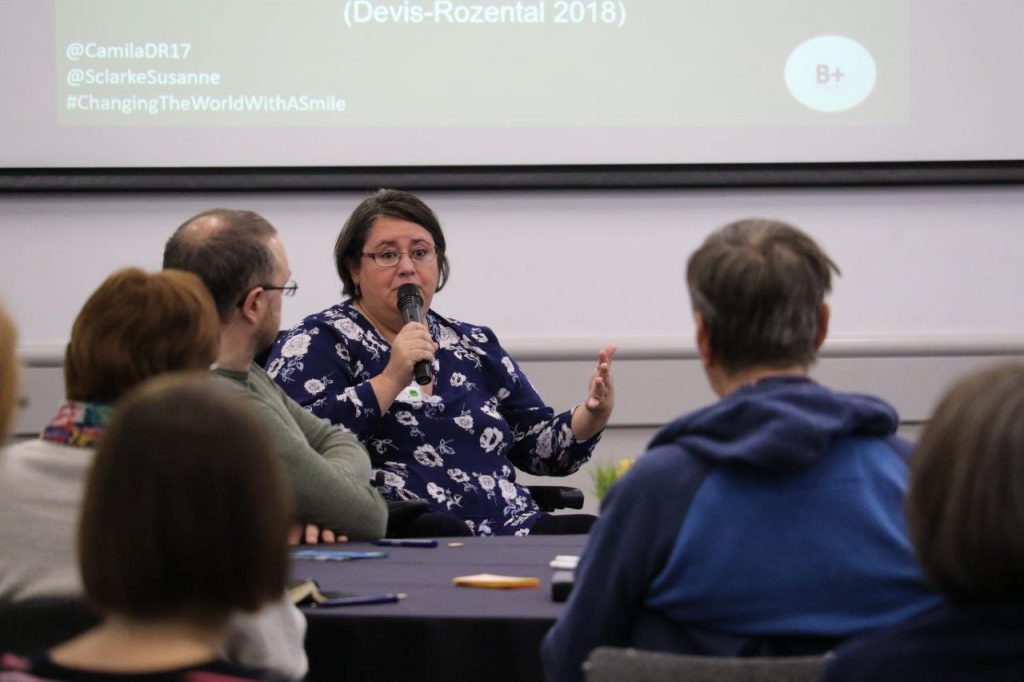
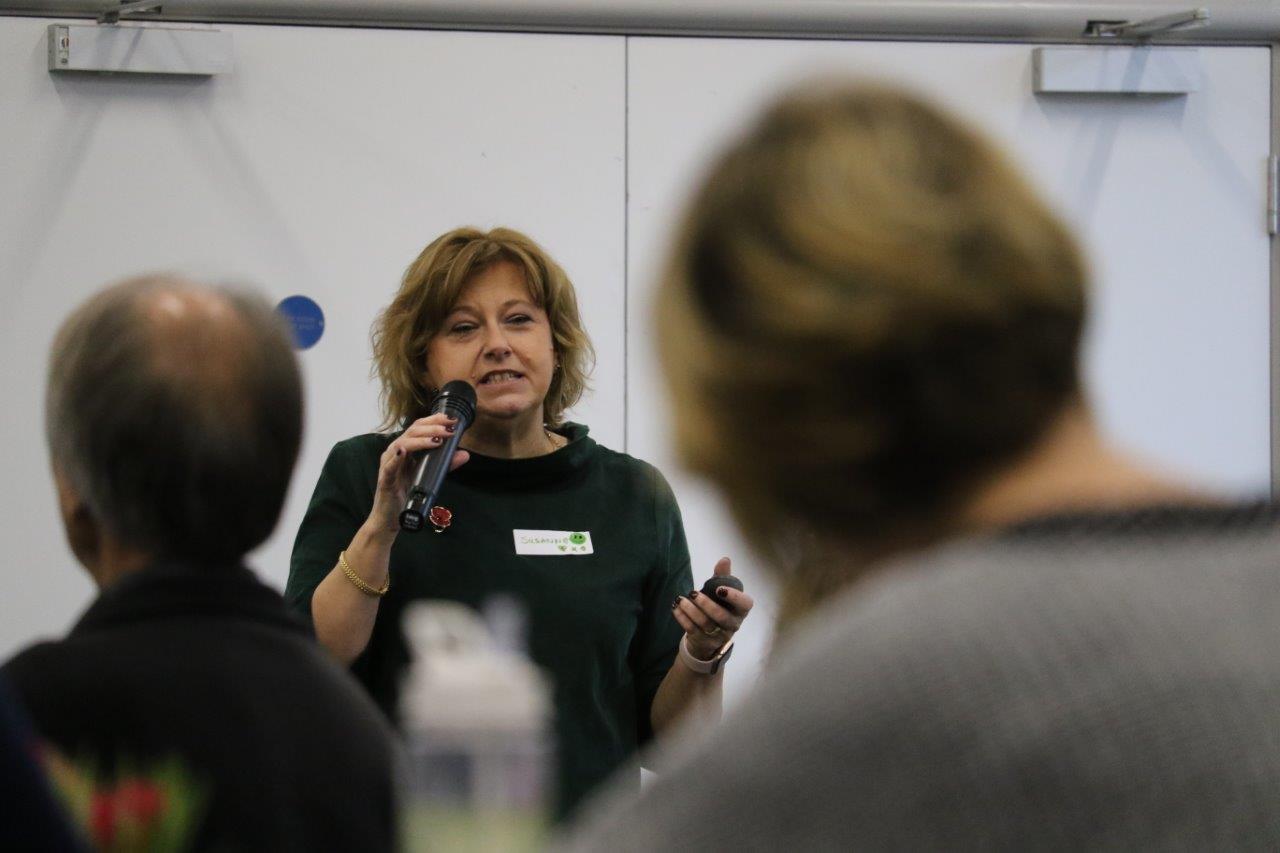
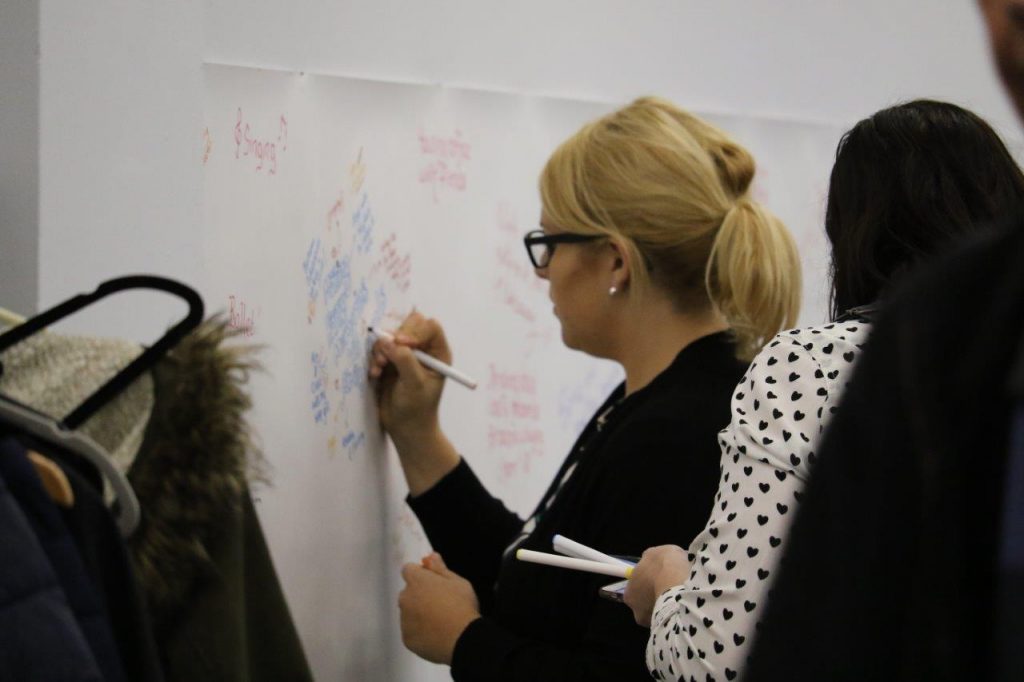
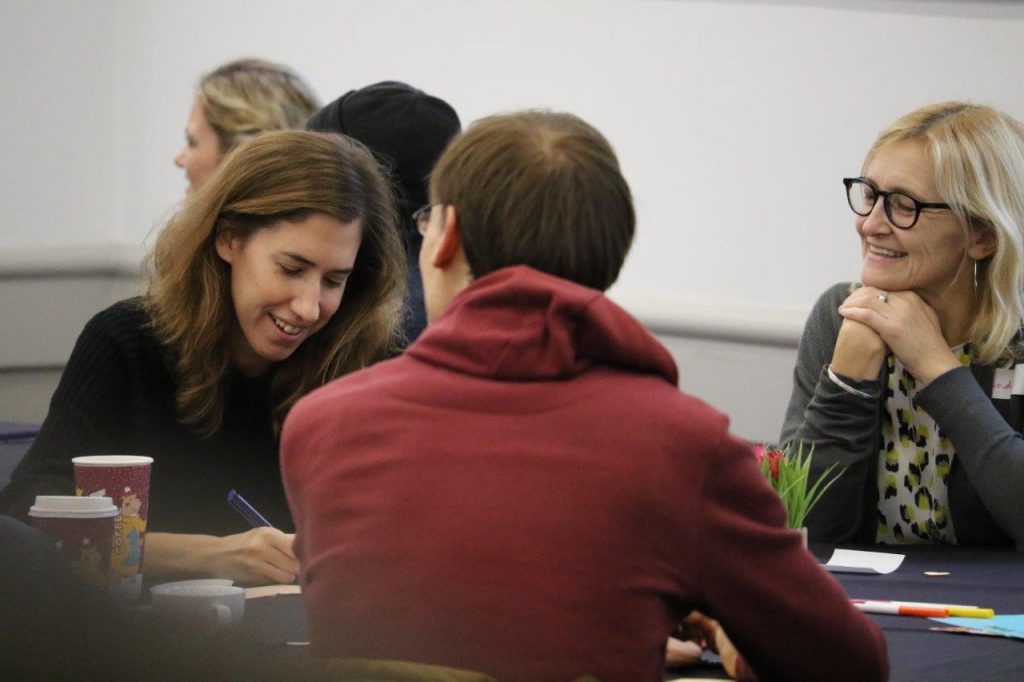
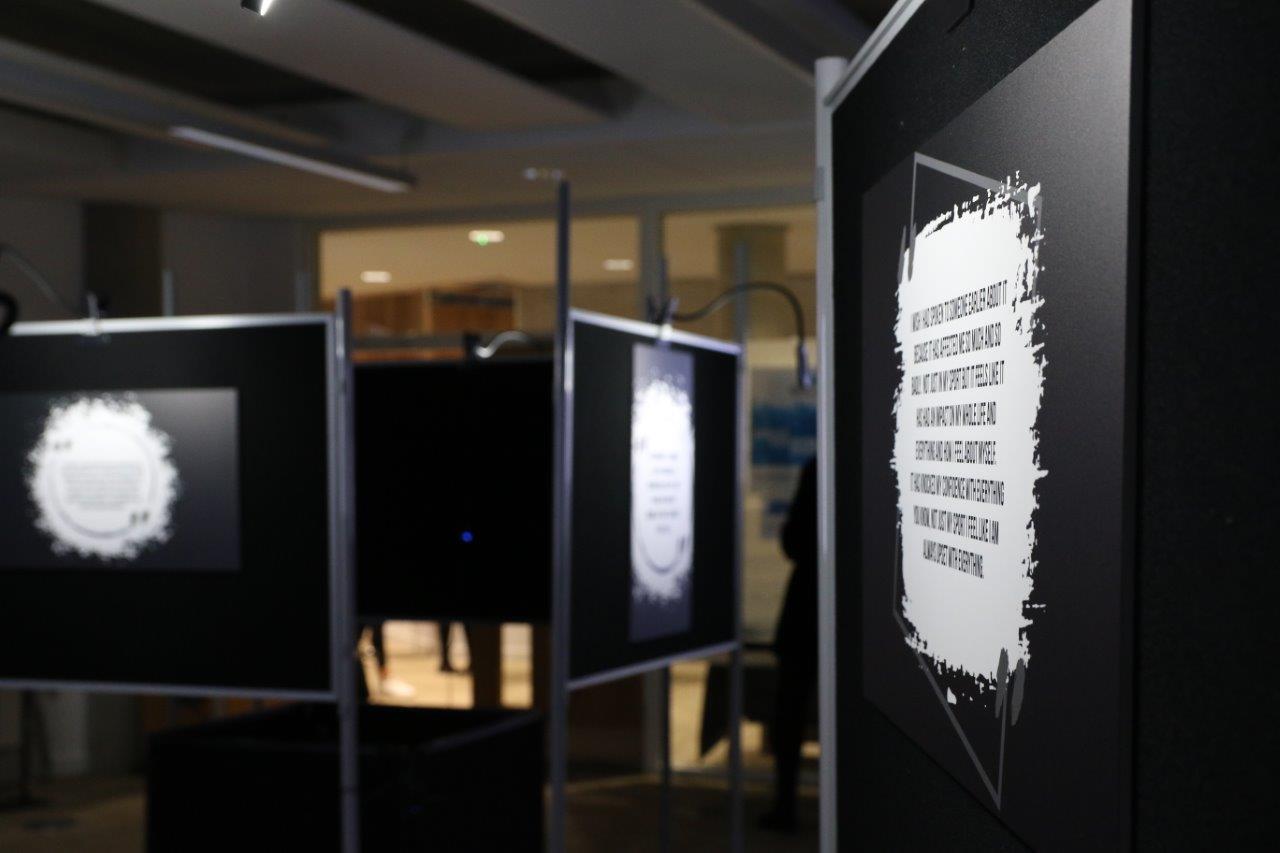
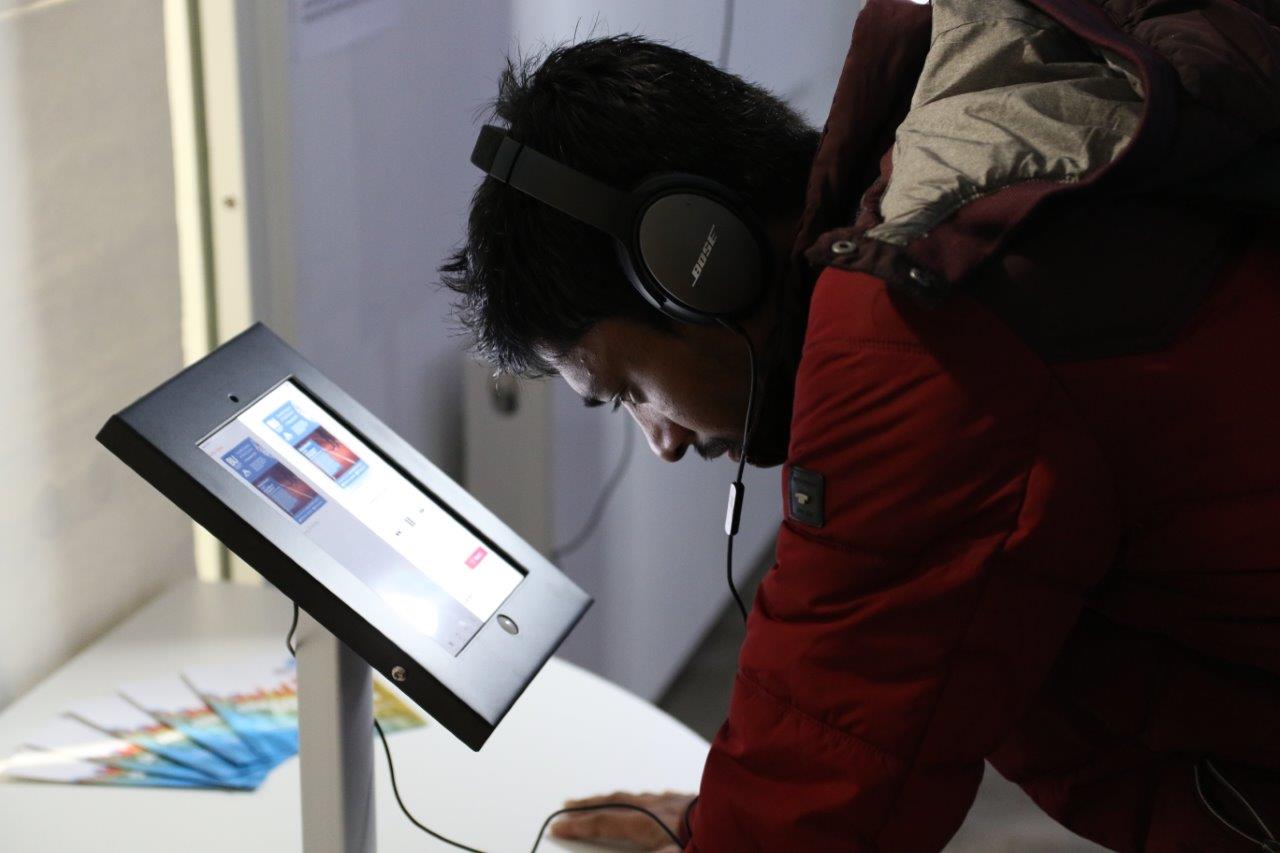
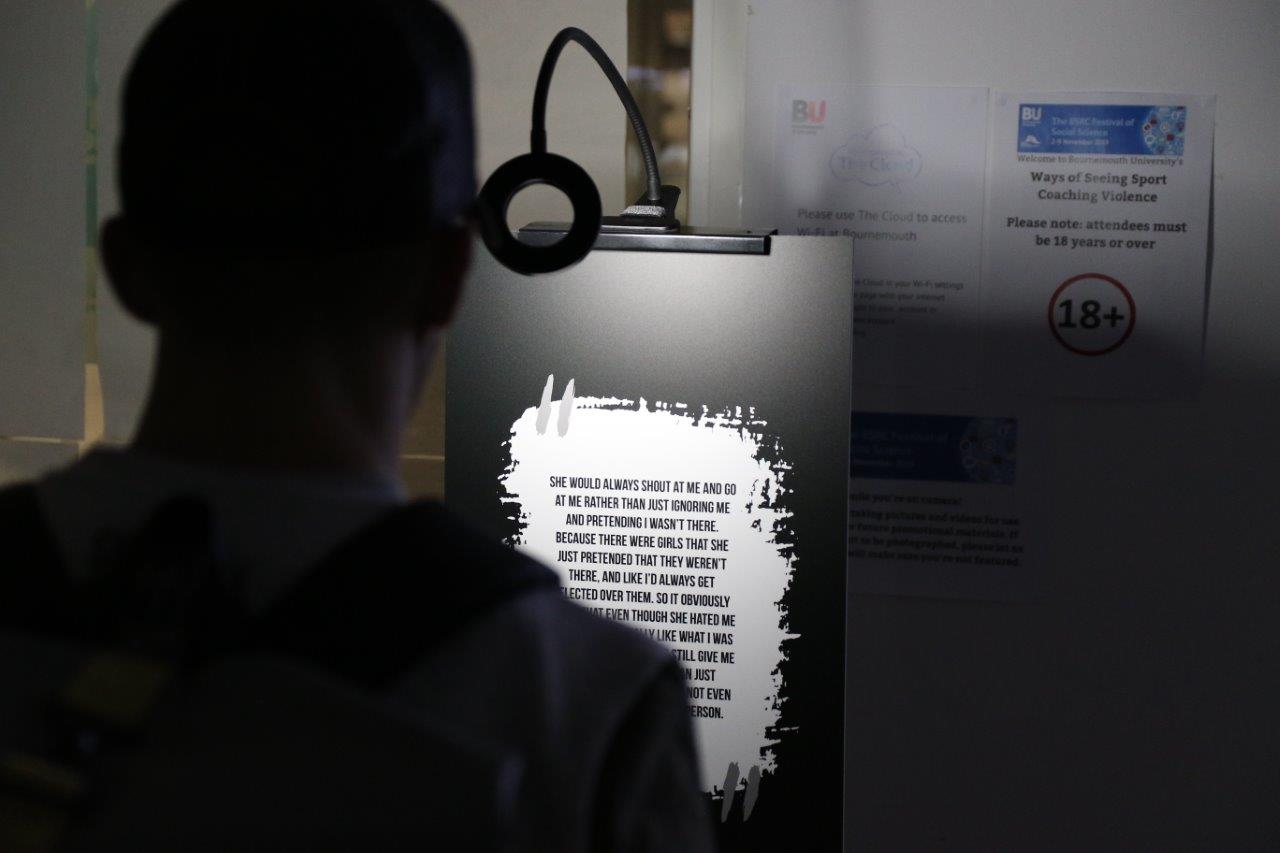
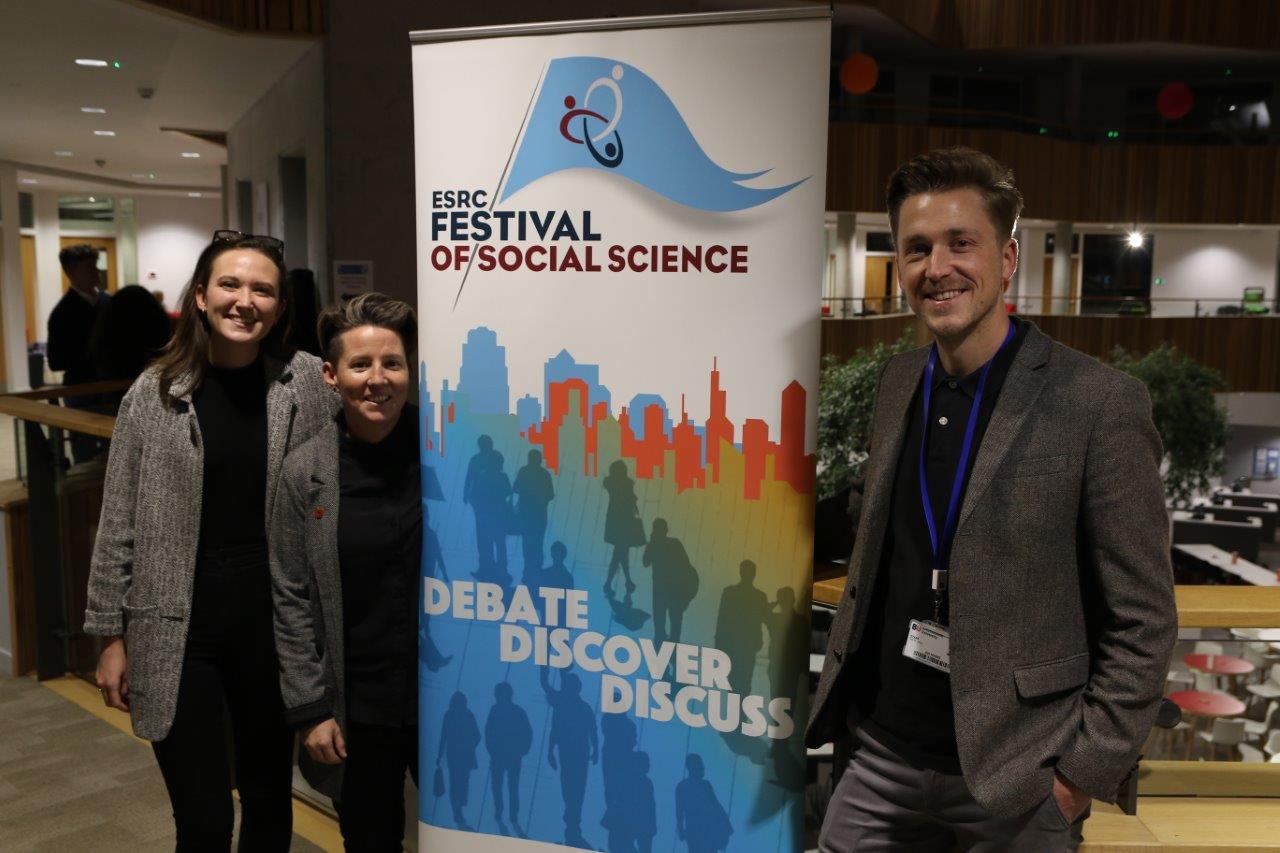


 As usual, RDS will host an annual UK Research Office visit to BU in 2019. This year’s event has been scheduled for November; the reason is obvious – Brexit!
As usual, RDS will host an annual UK Research Office visit to BU in 2019. This year’s event has been scheduled for November; the reason is obvious – Brexit!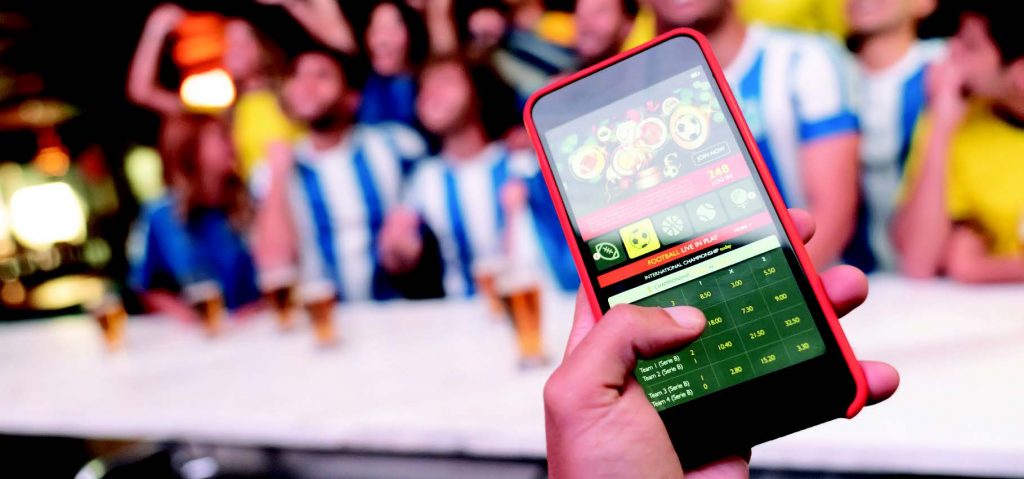
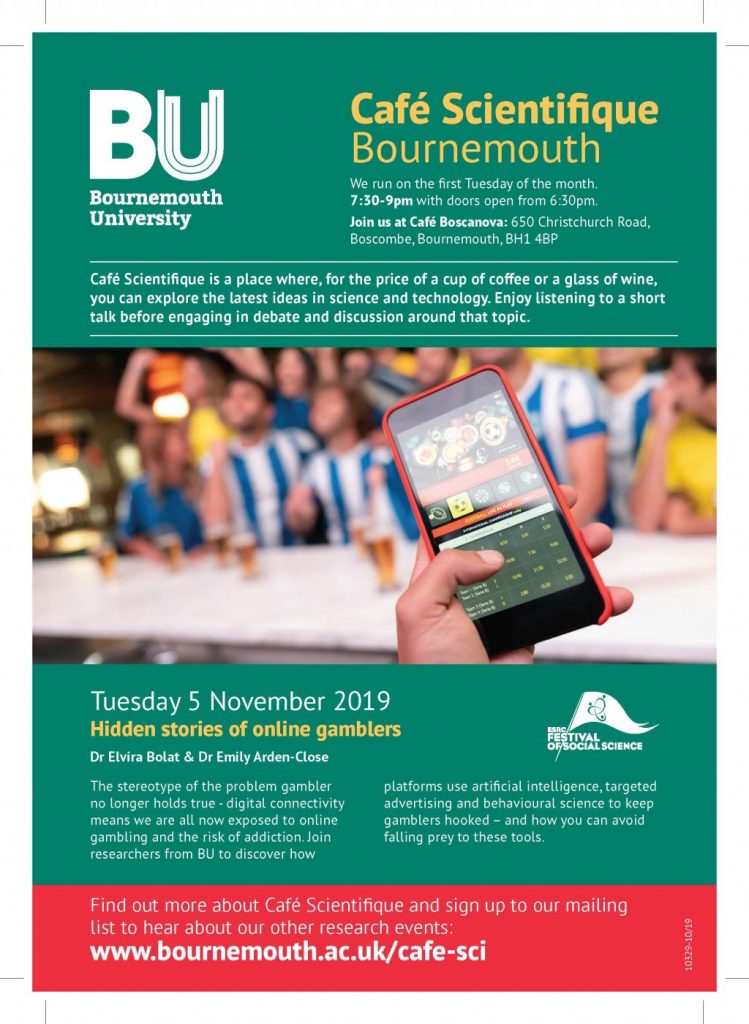

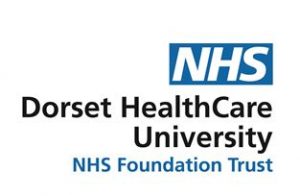
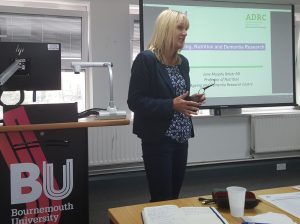
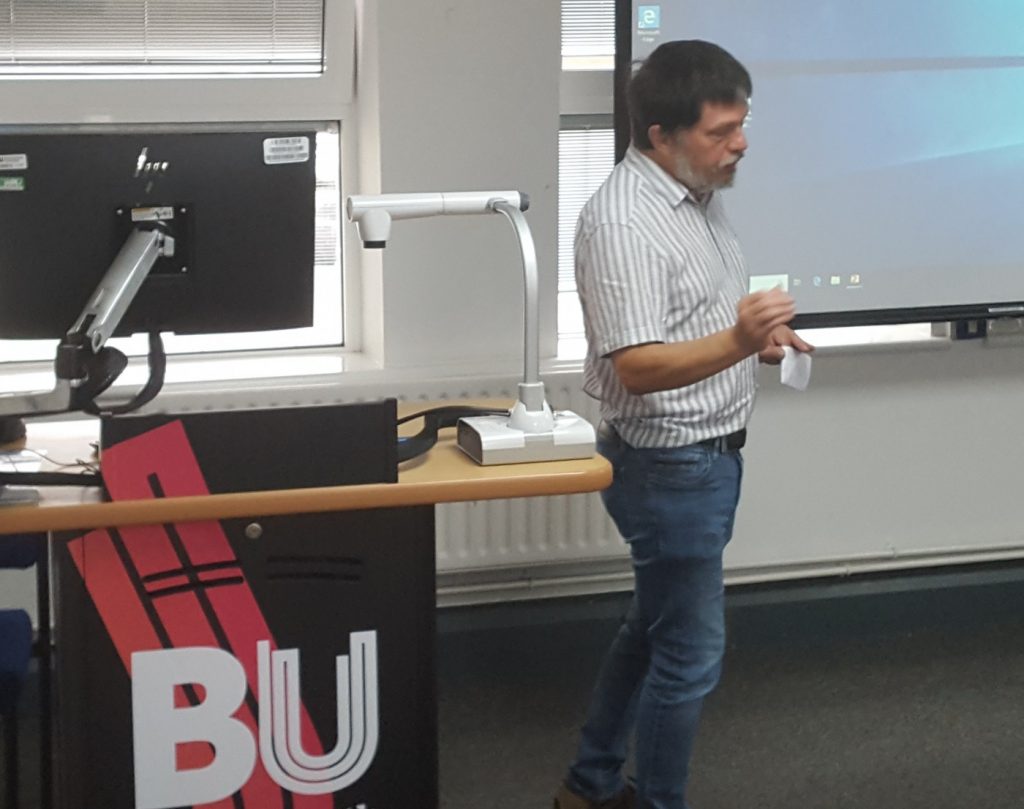
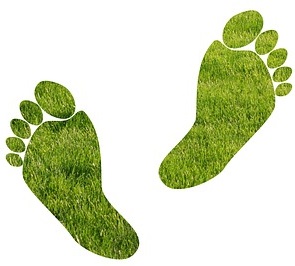 The Information Days on H2020 Societal Challenge five: “
The Information Days on H2020 Societal Challenge five: “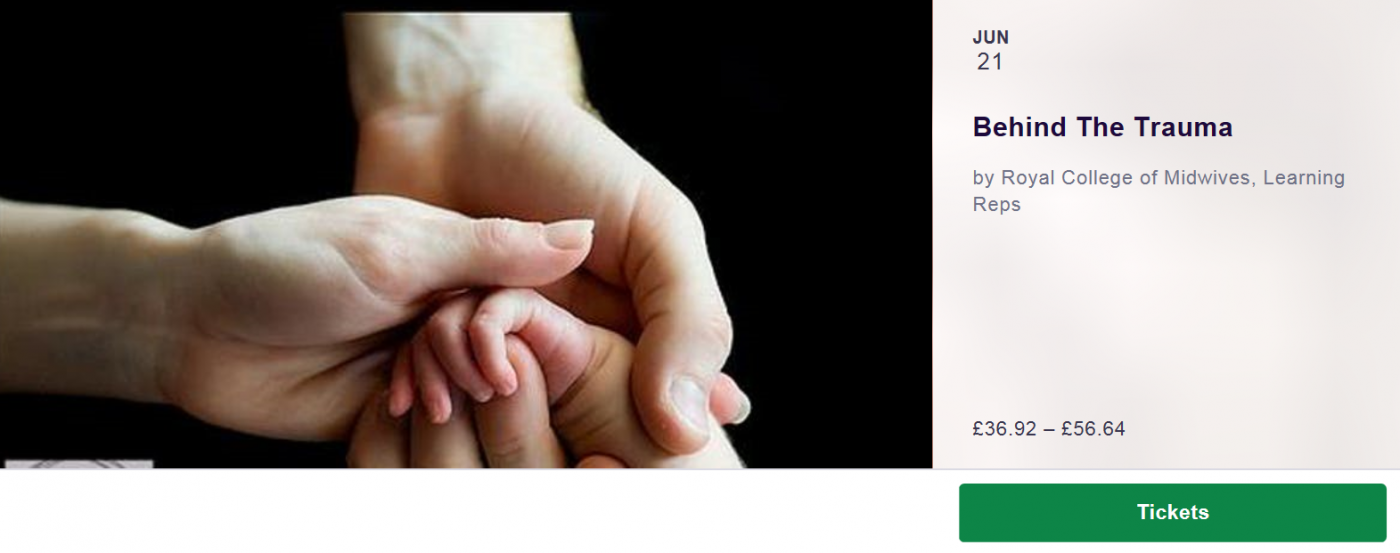
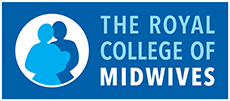
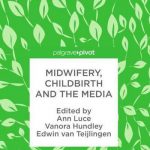

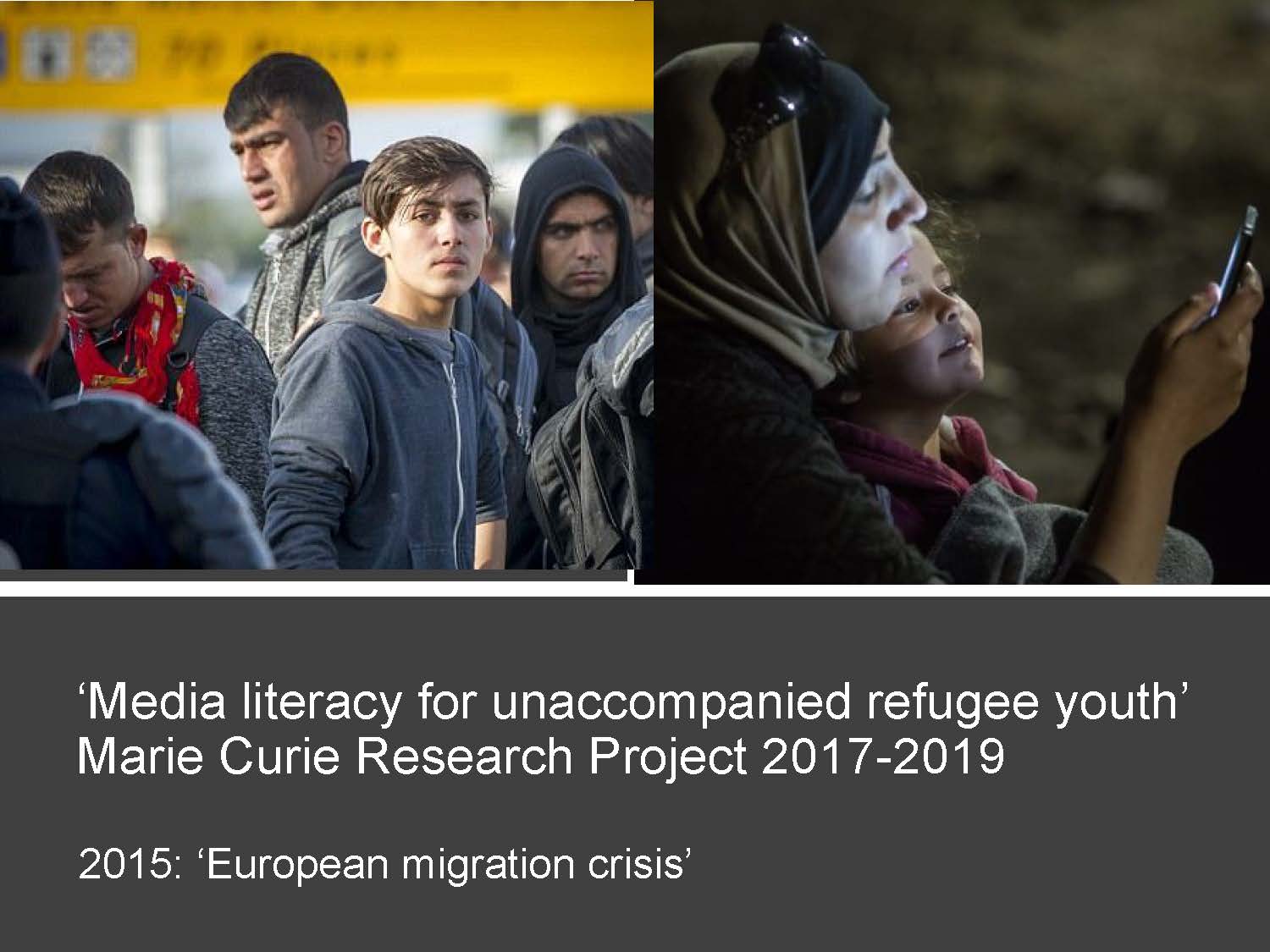 The project investigated how unaccompanied refugee children use digital technology and social media across four European countries; the Netherlands, Sweden, Italy and the UK. Dr Neag discussed with the Cafe Sci audience how these findings can assist in developing media literacy for refugee children’s civic participation.
The project investigated how unaccompanied refugee children use digital technology and social media across four European countries; the Netherlands, Sweden, Italy and the UK. Dr Neag discussed with the Cafe Sci audience how these findings can assist in developing media literacy for refugee children’s civic participation.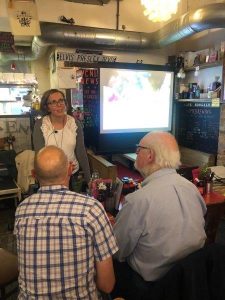 Dr Annamaria Neag reflects on her experience of speaking at Cafe Scientifique earlier this month; “I am very much interested in public engagement, so when I first heard about Café Scientifique I thought that it would be a great opportunity to present my research findings to people outside academia. I found it quite interesting to try and frame the talk in a way that is both academically sound, but still engaging enough for the greater public. As it turned out, people in the audience were really keen in hearing about the findings, and they had pertinent questions relating to their own perceptions on migration or their experiences with refugees. All in all, it was a wonderful experience, and I’d really recommend it to anyone believing in the importance of public engagement”
Dr Annamaria Neag reflects on her experience of speaking at Cafe Scientifique earlier this month; “I am very much interested in public engagement, so when I first heard about Café Scientifique I thought that it would be a great opportunity to present my research findings to people outside academia. I found it quite interesting to try and frame the talk in a way that is both academically sound, but still engaging enough for the greater public. As it turned out, people in the audience were really keen in hearing about the findings, and they had pertinent questions relating to their own perceptions on migration or their experiences with refugees. All in all, it was a wonderful experience, and I’d really recommend it to anyone believing in the importance of public engagement”
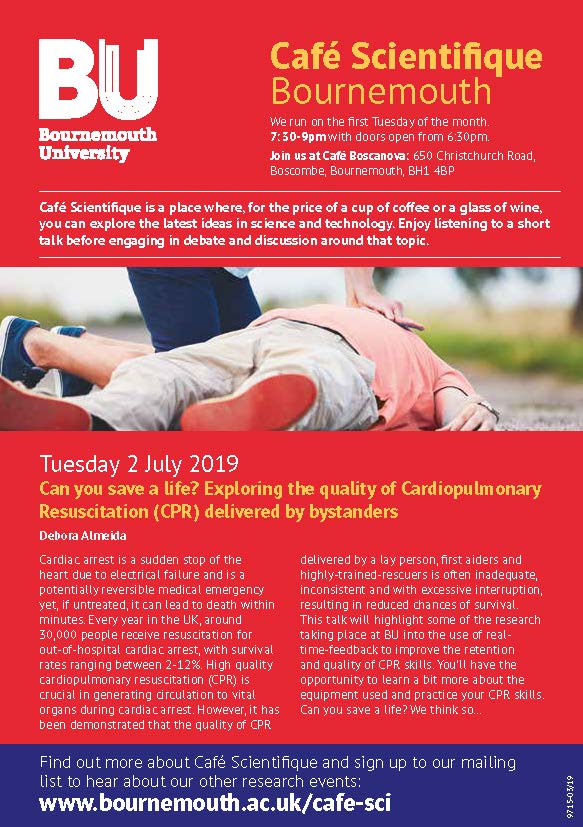












 New CMWH paper on maternity care
New CMWH paper on maternity care From Sustainable Research to Sustainable Research Lives: Reflections from the SPROUT Network Event
From Sustainable Research to Sustainable Research Lives: Reflections from the SPROUT Network Event REF Code of Practice consultation is open!
REF Code of Practice consultation is open! ECR Funding Open Call: Research Culture & Community Grant – Apply now
ECR Funding Open Call: Research Culture & Community Grant – Apply now ECR Funding Open Call: Research Culture & Community Grant – Application Deadline Friday 12 December
ECR Funding Open Call: Research Culture & Community Grant – Application Deadline Friday 12 December MSCA Postdoctoral Fellowships 2025 Call
MSCA Postdoctoral Fellowships 2025 Call ERC Advanced Grant 2025 Webinar
ERC Advanced Grant 2025 Webinar Update on UKRO services
Update on UKRO services European research project exploring use of ‘virtual twins’ to better manage metabolic associated fatty liver disease
European research project exploring use of ‘virtual twins’ to better manage metabolic associated fatty liver disease